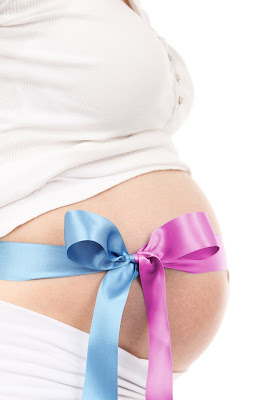Many diseases or medical conditions that erupt in our life are mainly because of the unhealthy diet and high consumption of saturated foods. Pre-menstrual syndromes have also found their inception because of this very change in our nutrition.
The premenstrual syndrome is defined as faulty function of the ovaries related to the women's menstrual cycle. It affects the physical and emotional state of the women. It sometime interferes with the daily activities as well due to hormonal fluctuation in the body. The emergence of syndrome takes place approximately two weeks before which then decays as the periods start.
The resulting pain and disturbances can be relieved with the usage of Chinese herbal medicines. As being effective in many other cases, these herbs have also proved their worth in this aspect of medicine as well.
The herb named Ba Ji Tian or Morinda root is very effective with respect to the problems associated with reproductive, urinary and menstrual disorders like this very syndrome in women. Primarily, water retention is the main problem associated with women in PMS which occurs due to deficiency of potassium. But morinda root contains high concentration of potassium which is essential for balancing the salt level in the body. Besides, it also regulates the fluid in our bodily tissues and improves the lymphatic functions.
Furthermore, it also contains Linoleic acid and Flavone glycosides. The former helps in converting essential fatty acids in to GLA thus resulting in lesser production of PGE2 and reducing the uterus pain and cramps whereas the latter improves the muscles of the large intestine in moving the stool thereby reducing the risk of constipation as well. The Morinda root contains carotene, vitamin A and C which are very essential for nourishing the immune system for fighting against the irregular cell growth in case of tumours, cancer and endometriosis. They also guard against infections and inflammations including the women reproductive system.


No comments:
Post a Comment